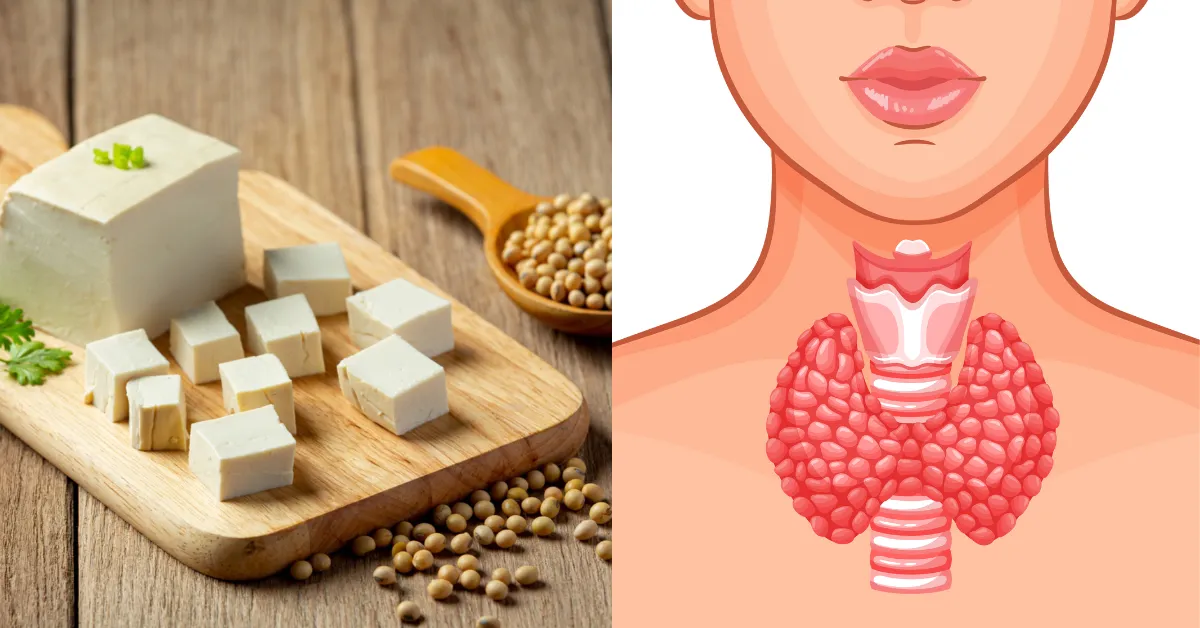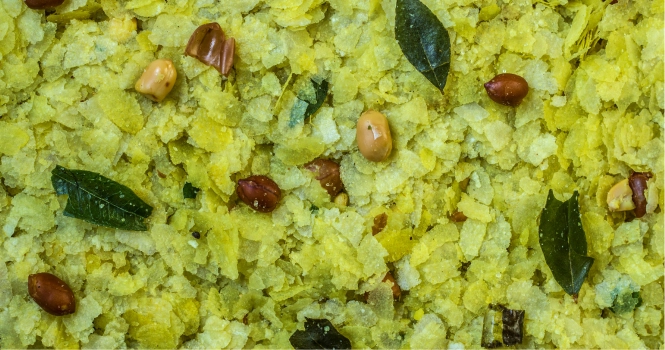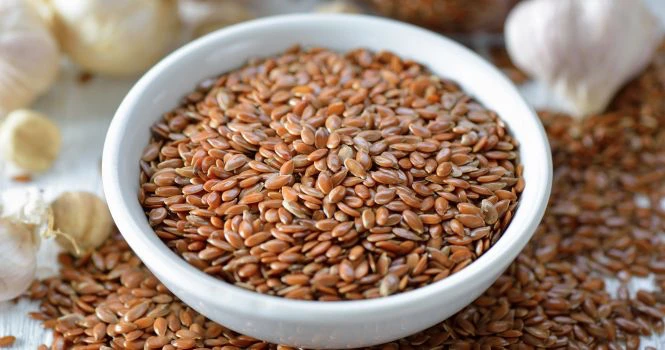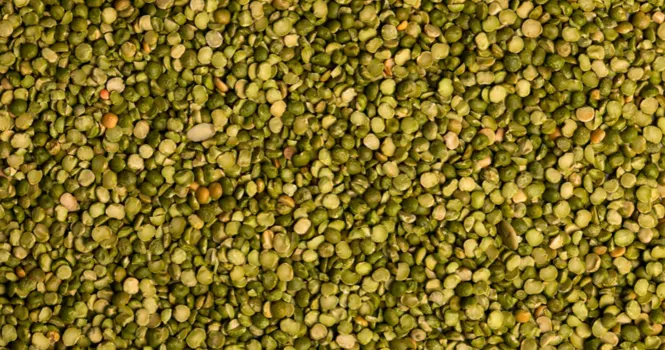Is Paneer Good for Thyroid Health? An Expert Analysis

The topic of paneer (cottage cheese) and its impact on thyroid health is quite interesting and relevant, especially considering the increasing number of people dealing with thyroid issues.
The thyroid gland plays a critical role in regulating metabolism, energy production, and overall hormonal balance in the body.
Therefore, diet can significantly influence thyroid function.
Paneer is a fresh cheese common in South Asian cuisine, known for its versatility in dishes and its nutritional benefits. It is a good source of protein, calcium, and phosphorus, and can be a healthy addition to most diets when consumed in moderation.
so ,
Is Paneer Good for Thyroid Health?
When considering its impact on thyroid health, several factors come into play:
1. Iodine Content: Thyroid health is closely linked to iodine intake, as iodine is a crucial component of thyroid hormones. Paneer itself is not a significant source of iodine, but the overall dietary intake of iodine (from iodized salt, seafood, dairy products, etc.) is essential for thyroid function.
Individuals with thyroid issues should monitor their iodine intake according to their healthcare provider’s recommendations.
2. Goitrogens: Some foods contain substances known as goitrogens, which can interfere with thyroid hormone production. Common goitrogenic foods include soy products, cruciferous vegetables, and certain types of nuts and seeds.
Paneer is not typically classified as a goitrogenic food, which means it does not contain substances known to interfere with thyroid function.
3. Protein and Calcium: Paneer is a good source of protein and calcium, both of which are important for overall health, including thyroid health. Adequate protein intake supports the transport of thyroid hormone throughout the body, and calcium is vital for bone health, especially for individuals who may be at risk of osteoporosis due to thyroid issues.
4. Overall Diet: The impact of paneer on thyroid health cannot be isolated from the rest of the diet. A balanced diet that includes a variety of nutrients is crucial for thyroid health and overall well-being.
This includes consuming a range of vegetables, fruits, whole grains, lean proteins, and healthy fats.
5. Individual Health Conditions: For those with specific thyroid conditions, such as hypothyroidism or hyperthyroidism, dietary needs may vary.
It’s essential to consult with a healthcare provider or a dietitian to tailor dietary choices to individual health needs and conditions.
As with any health condition, individualized dietary advice from a healthcare professional is recommended to address specific needs and concerns related to thyroid health.












